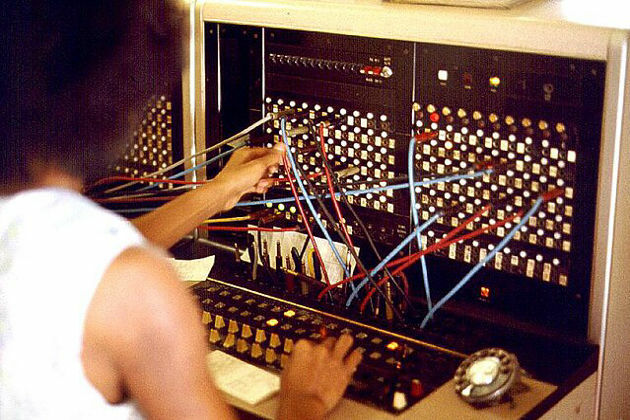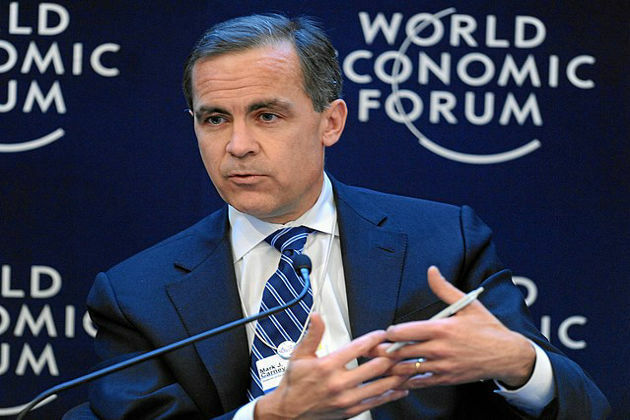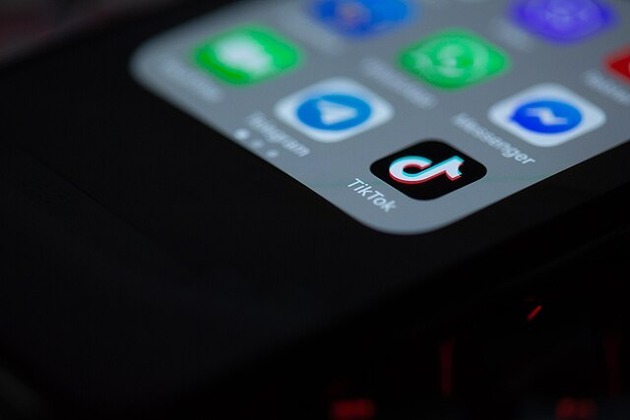Diagnostics Remote Delivery: How To Preserve Confidential Data
7Newswire
27 Jan 2023, 15:10 GMT+10

Most companies are now trending to work remotely, which is no longer an option. And the healthcare industry is no exemption. Healthcare providers are now using diagnostics remote delivery to provide healthcare services at the convenience of their patients.
As a result, ensuring that only the right people have access to confidential information has become imperative.
Failing to safeguard patients' information can lead to the leakage of intellectual property, reputational risks, or compliance issues. This article describes how healthcare providers can preserve confidential data while using diagnostics remote delivery.
Refrain From Using Public Wi-Fi
Healthcare professionals should refrain from using public Wi-Fi or unsecured networks because hackers and other Wi-Fi observers can access and monitor your traffic. If you are experiencing secure network concerns, using a VPN to mask your online identity and encrypt your online connectivity would be advisable.
Alternatively, if a VPN is impossible, using a personal hotspot on a dedicated device makes sense. In essence, when traffic is not encrypted, the chances of hackers monitoring your activities are minimized.
Review The Healthcare Facility Password Policy
According to recent research, 67% of data breaches result from weak or stolen passwords or social attacks-chances of stolen confidential data increase when using an insecure network connection. To combat the situation, healthcare professionals should only use corporate computers when using diagnostics remote delivery services. Also, the healthcare facility should revise its password policy to minimize data breaches.
Protocols to update passwords while adding multi-factor authentication to the cloud are some policies that a healthcare facility should consider. In addition, all staff members should be advised to update their passwords from time to time. They should also not use the same password on multiple accounts.
Implement A Healthcare Facility-Wide Policy on Document Security
If your healthcare facility has not implemented a policy on document security, it would be prudent to adopt one. The policy should include the dos and don'ts of handling patients' information when using diagnostics remote delivery.
The healthcare facility can specify the security measures that all medical professionals must follow, such as sending and storing patients' data using encrypted cloud storage, among other criteria. If the standards are adhered to, the healthcare facility will have a seamless workflow and avoid reputational risks and compliance issues.
Use The Correct Management Tools
Healthcare facilities must limit access to patients' data to only specific personnel. Not all employees in the healthcare facility should access patient information; only nurses and doctors should have access to the data.
Using proper management tools can go a long way in minimizing the risk of a data breach. These tools control access, printing and downloading documents, and screenshot protection.
Preserve Patients' Data Effectively Today
Healthcare providers must identify all the proper workflows when utilizing diagnostics remote delivery services and protecting patients' confidential information. If you are beginning with remote delivery, it only makes sense to partner with a de-identification data company to increase your revenue streams. The company will assist you with the best practices of diagnostics remote delivery without exposing valuable proprietary information. Share
Share
 Tweet
Tweet
 Share
Share
 Flip
Flip
 Email
Email
Watch latest videos
Subscribe and Follow
Get a daily dose of North Carolina Daily news through our daily email, its complimentary and keeps you fully up to date with world and business news as well.
News RELEASES
Publish news of your business, community or sports group, personnel appointments, major event and more by submitting a news release to North Carolina Daily.
More InformationUS
SectionConfused bot named Alyssia replaces human response on Iranian phones
DUBAI, U.A.E.: British Iranians living in the U.K. are taken aback when they try to reach their families in Tehran on the phone and...
U.S. bombs Iran nuclear sites, investors eye oil and safe havens
NEW YORK CITY, New York: The U.S. bombing of Iranian nuclear sites has cast a shadow over global markets, with investors bracing for...
Europe eases rates as Fed holds and Trump threatens tariffs
ZURICH, Switzerland: A wave of central banks across Europe surprised markets last week by lowering interest rates, responding to easing...
Carney sets 30-day deadline for US trade deal
OTTAWA, Canada: Canada may boost its counter-tariffs on steel and aluminum imported from the U.S. if a comprehensive trade agreement...
Federal Reserve chief weighs next move as economic outlook wavers
WASHINGTON, D.C.: The U.S. economy is performing reasonably well, but Federal Reserve Chair Jerome Powell faces a difficult decision...
TikTok gets US reprieve as Trump grants 90-day extension
WASHINGTON, D.C.: President Donald Trump has granted TikTok another reprieve, extending the deadline for its Chinese parent company,...







